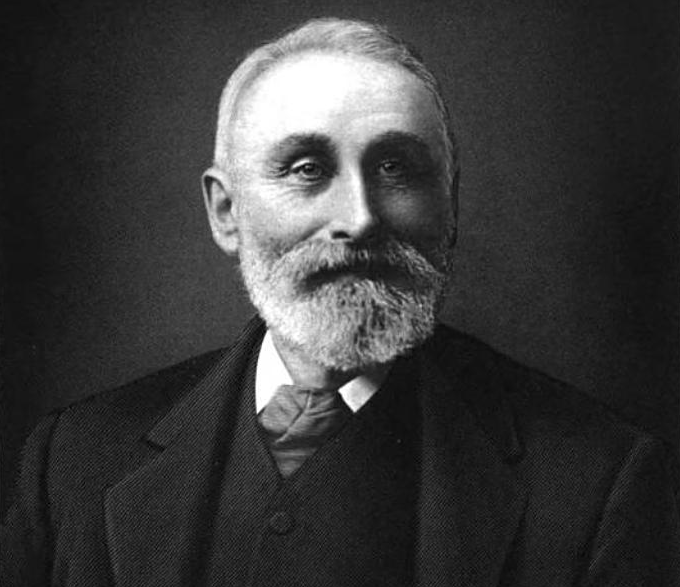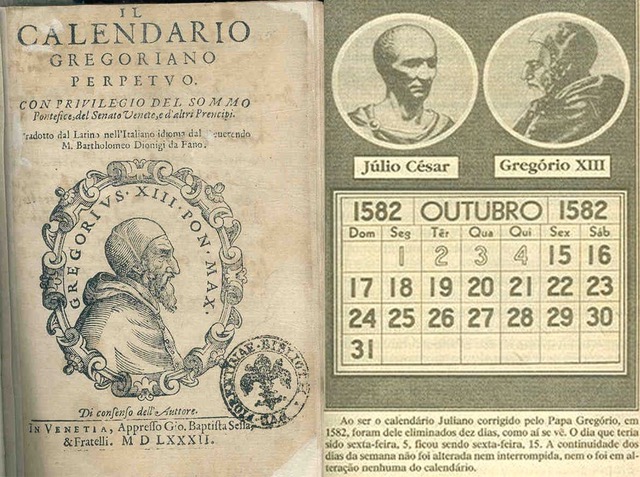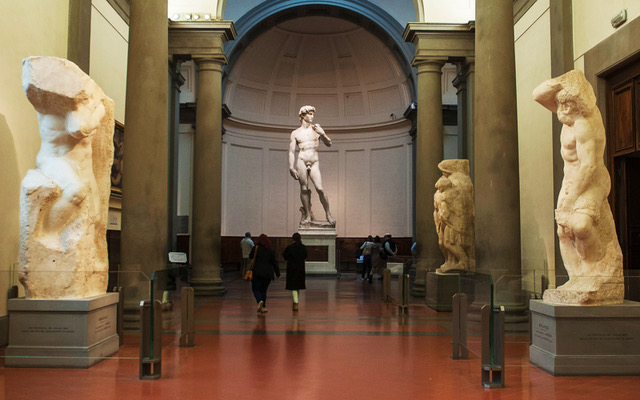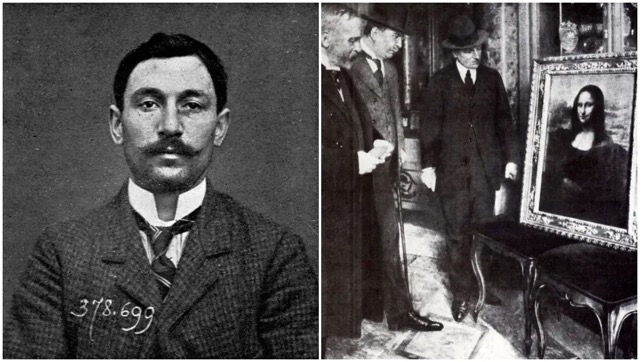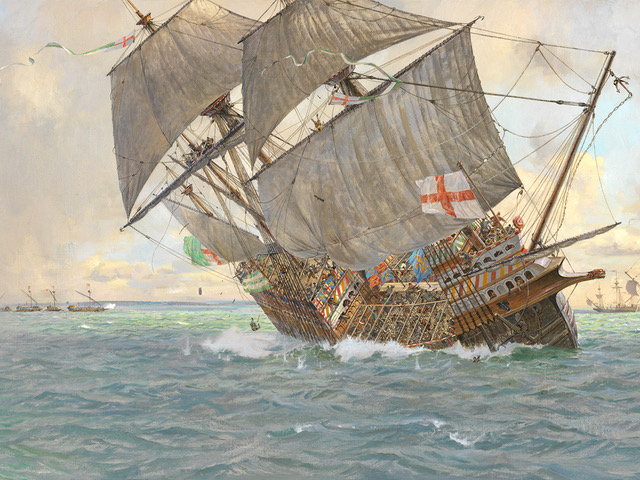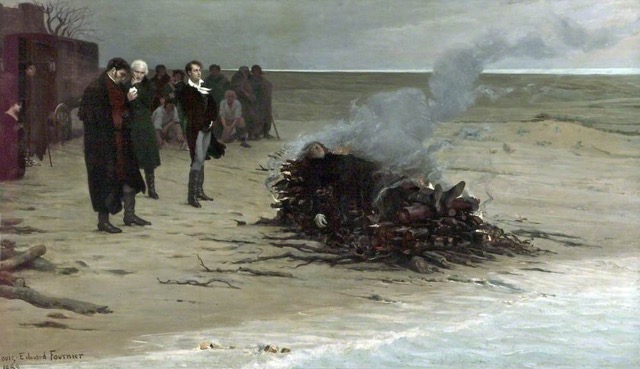ON THIS DAY: 23 September 1848
John Bacon Curtis from Hampden, Maine, USA, produced the first commercially available chewing gum, calling it ‘The State of Maine Pure Spruce Gum’. Chewing gum has been enjoyed in Central and North America for thousands of years. The Mayans and Aztecs used chicle, a natural tree gum, and the Native Americans chewed on a resin … Read more

